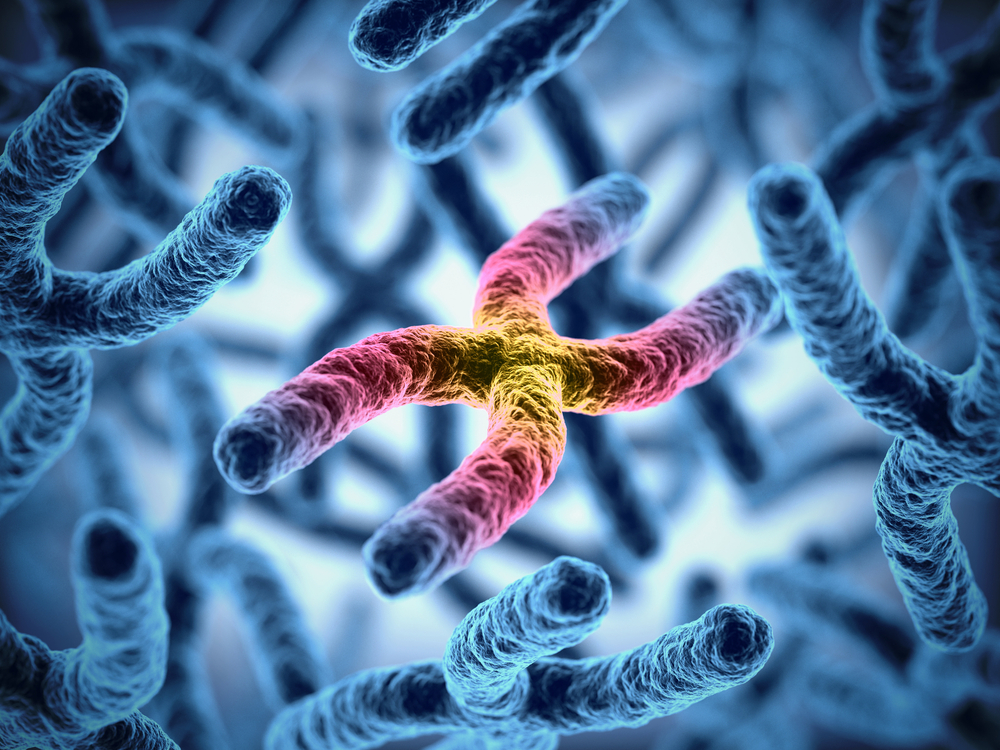Recent research offers new insights into the role of a gene called “p53” in lung cancer, connecting this gene to an immune system defense against tumor growth. The paper, entitled “PDL1 Regulation by p53 via miR-34,” was published in the Journal of the National Cancer Institute.
An estimated 221,200 new cases of lung cancer, identified by abnormal cell growth in lung tissue, were expected to be diagnosed in the U.S. in 2015, the National Cancer Institute reports. In 70% of these cases, the cancer is caused by a genetic mutation in the p53 gene that causes it to be either damaged, under-expressed or missing entirely.
It is well-established that p53 plays a key role in cancer control by regulating a process that forces abnormal cells to either repair themselves or die off. Now, the researchers identified another potentially crucial role of the p53 gene — that of inhibiting a protein called PDL1 which tumor cells use to shut down an immune system defense. Specifically, p53 blocks PDL1 by activating what is known as micro RNA miR-34a. Consequently, a dysfunction in p53 leads to a loss of miR-34a and an over-expression of PDL1, resulting in tumor progression.
In this study, the researchers performed a series of experiments in cultured cells, miRNA target-predicting databases, tumor samples from non-small cell lung cancer (NSCLC) patients, and a mouse model with NSCLC. The NSCLC tumor samples came from 181 patients included in The Cancer Genome Atlas.
The results suggest that expression of p53 and PDL1 are oppositely correlated, meaning that higher levels of p53 induce lower levels of PDL1 and vice-versa. Tumors with mutated p53 are characterized by higher levels of PDL1 and lower levels of miR-34a.
In the NSCLC cell lines, the researchers found that forced expression of miR-34a suppressed PDL1. The team also used MRX34, a first-in-class miR-34a experimental cancer drug currently in Phase 1 clinical trials, administrated alone or with radiation therapy, to induce a decrease in PDL1 expression in the NSCLC mice model. They found that its injection into mice lung cancer tumors increased miR-34a levels and diminished levels of PDL1, and that a combination therapy had the greatest effect. The hope is that miR-34a might replace the immunity-protecting role lost when p53 fails.
Overall, the research findings highlight the link between p53 and immune evasion by tumors, and the regulation of PDL1.
“Identifying this role for tumor-suppressing p53 provides both a potential biomarker for response to important new cancer immunotherapy drugs and a possible new therapeutic pathway for treatment,” said James Welsh, MD, associate professor of Radiation Oncology at The University of Texas MD Anderson Cancer Center and the study’s senior author.
Currently, the researchers are examining the clinical outcome of patients treated with PD1 inhibitors in terms of p53 or miR-34a response, and conducting a laboratory study into whether MRX34 combined with a PD1 inhibitor improves tumor response.

